The Ogawa-Yamanaka Stem Cell Prize recognizes individuals whose original translational research has advanced cellular reprogramming technology for regenerative medicine.
The prize was established in 2015, through a generous gift from the Betty and Hiro Ogawa family, and is supported by Gladstone Institutes. It recognizes the importance of induced pluripotent stem (iPS) cells, discovered by Gladstone Senior Investigator and Nobel laureate Shinya Yamanaka, MD, PhD.
2025 Prize
Nominations are closed for 2025.
Ceremony
A ceremony will be held on December 1, at Gladstone, during which the awardee will give a scientific lecture and be presented with the award, along with an unrestricted prize of $150,000 USD.
If you’re interested in attending the livestream of the 2025 award ceremony, pre-register for the webinar on Zoom.

Gladstone is proud to partner with Cell Press to support this important prize.
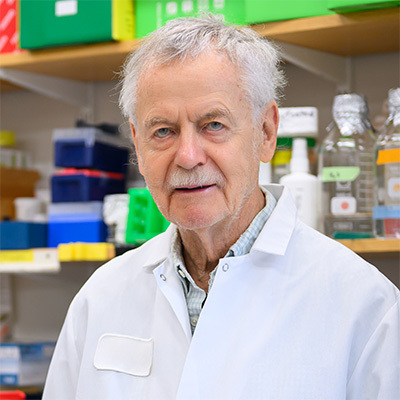
2025
Rudolf Jaenisch, MD
Founding Member, Whitehead Institute for Biomedical Research, and Professor of Biology, Massachusetts Institute of TechnologyRudolf Jaenisch was selected for his trailblazing contributions to epigenetics and stem cell biology. His pivotal discoveries have profoundly advanced our understanding of gene regulation, cellular reprogramming, and the potential of regenerative medicine.
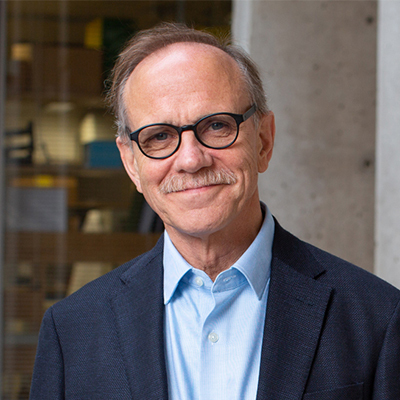
2024
Rusty Gage, PhD
Professor in the Laboratory of Genetics, Salk Institute for Biological StudiesRusty Gage was awarded the 2024 Ogawa-Yamanaka Stem Cell Prize for reshaping our understanding of stem cells in the adult brain and making landmark discoveries that may contribute to the development of new or better therapies for neurological disorders.

2023
Magdalena Zernicka-Goetz, PhD
Professor, Department of Physiology, Development and Neuroscience, at the University of Cambridge, and Bren Professor of Biology and Biological Engineering, California Institute of TechnologyMagdalena Zernicka-Goetz was selected for her work uncovering fundamental mechanisms that drive the development of mammalian embryos, which led to the creation of human embryo models that self-assemble from pluripotent stem cells in a dish.
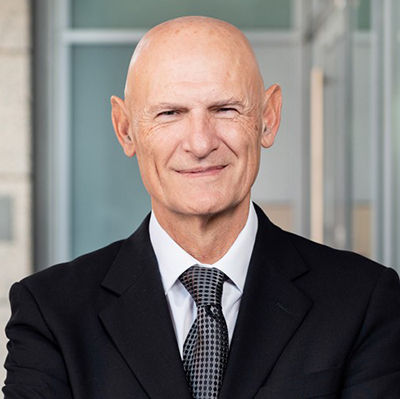
2022
Juan Carlos Izpisua Belmonte, PhD
Director of the San Diego Institute of Science of Altos LabsIzpisua Belmonte was selected for his work leading to innovations in cellular rejuvenation programming and its promise for the improvement of aging and age-associated diseases.
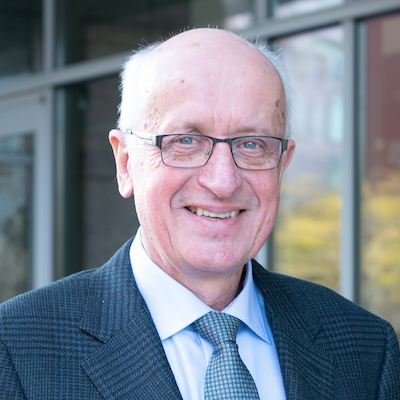
2019
Gordon Keller, PhD
Director of the McEwen Stem Cell Institute at the University Health Network in Toronto, CanadaA world-renowned stem cell scientist, Keller was selected for his contributions to efficient lineage-specific differentiation of human pluripotent stem cells into a myriad of cell types, enabling disease modeling and regenerative medicine approaches for many human diseases.
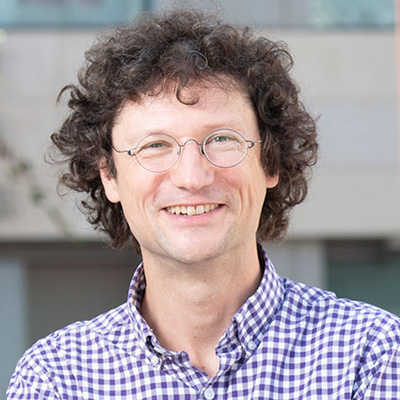
2018
Marius Wernig, MD, PhD
Associate Professor at the Institute for Stem Cell Biology and Regenerative Medicine at Stanford UniversityWernig was selected for his innovative direct neuronal reprogramming technology, and for his contributions to the advancement of therapies for genetic diseases based on iPS cells. His groundbreaking research has advanced the development of disease models for neurological diseases and skin disorders.
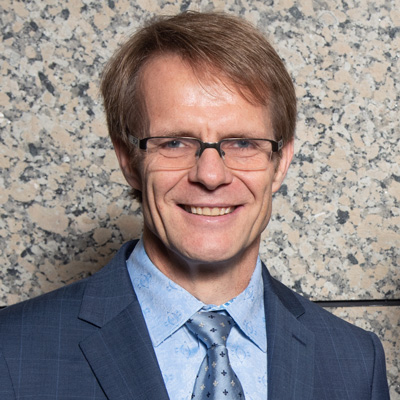
2017
Lorenz P. Studer, MD
Director of the Center for Stem Cell Biology and member of the Developmental Biology Program at the Memorial Sloan Kettering Cancer CenterA distinguished stem cell biologist, Studer was selected for his transformative contributions to the field of cellular reprogramming and the application of human iPS cells to human disease. His groundbreaking research has advanced the therapeutic potential of stem cell–based therapies in Parkinson’s disease and other neurological disorders.
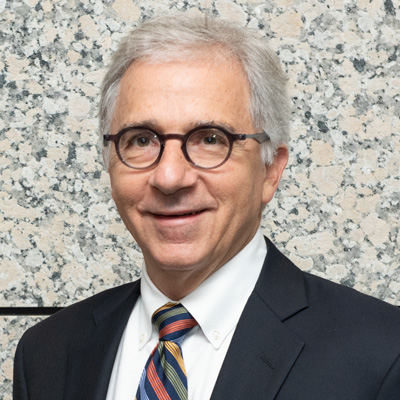
2016
Douglas Melton, PhD
Co-director of the Harvard Stem Cell Institute, Xander University Professor at Harvard University, Investigator of the Howard Hughes Medical InstituteMelton was honored for his research that led to a novel way to reprogram human stem cells into insulin-producing beta cells. His work provides the foundation for the ultimate goal of transplanting patient-specific beta cells to treat diabetes.
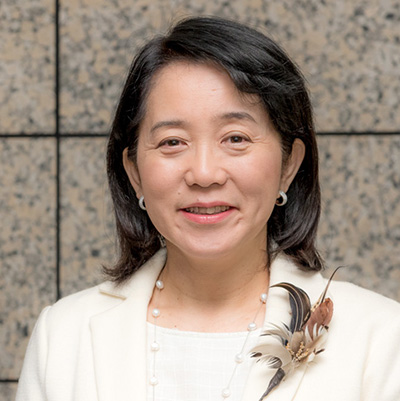
2015
Masayo Takahashi, MD, PhD
Project Leader, Laboratory for Retinal Regeneration at the RIKEN Centre for Developmental BiologyTakahashi was honored for her trailblazing research that led to the first clinical trial to use induced pluripotent stem iPS cells in humans. Her work paves the way for using stem cells to treat retinal diseases, including macular degeneration.

